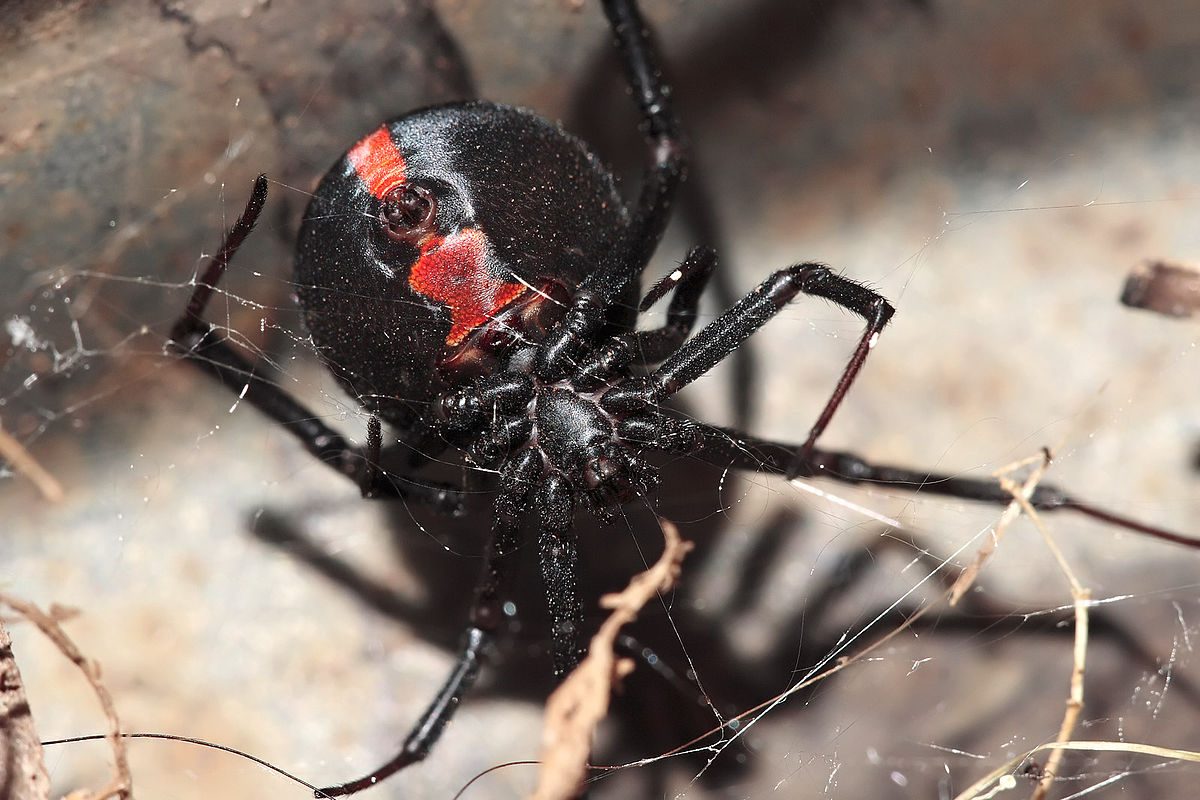Australian spiders found nesting in torpedo parts on Dutch naval base

Dozens of poisonous spiders have been found hiding in a consignment of torpedo parts on a Dutch naval base.
The Australian redback spiders were discovered at the marine barracks in Willemsoord in Den Helder, in a container that had been in storage for four years.
Experts found dozens of baby spiders that had hatched from a cocoon in one of the female spiders’ webs. ‘It’s the first case of eggs of this type hatching in this country,’ a spokesman for insect specialist centre EIS told the science website Nature Today.
All the spiders were removed from the container and exterminated before being taken to the Naturalis museum in Leiden, where they will be included in the museum’s collection.
The redback spider is native to Australia and one of the most venomous arachnid species on the planet. Its bite can cause symptoms including pain, nausea, vomiting and headaches, but most victims recover within 24 hours and since the development of an antivenom in 1956 there have been no deaths attributed to redback spiders in Australia.
Thank you for donating to DutchNews.nl.
We could not provide the Dutch News service, and keep it free of charge, without the generous support of our readers. Your donations allow us to report on issues you tell us matter, and provide you with a summary of the most important Dutch news each day.
Make a donation